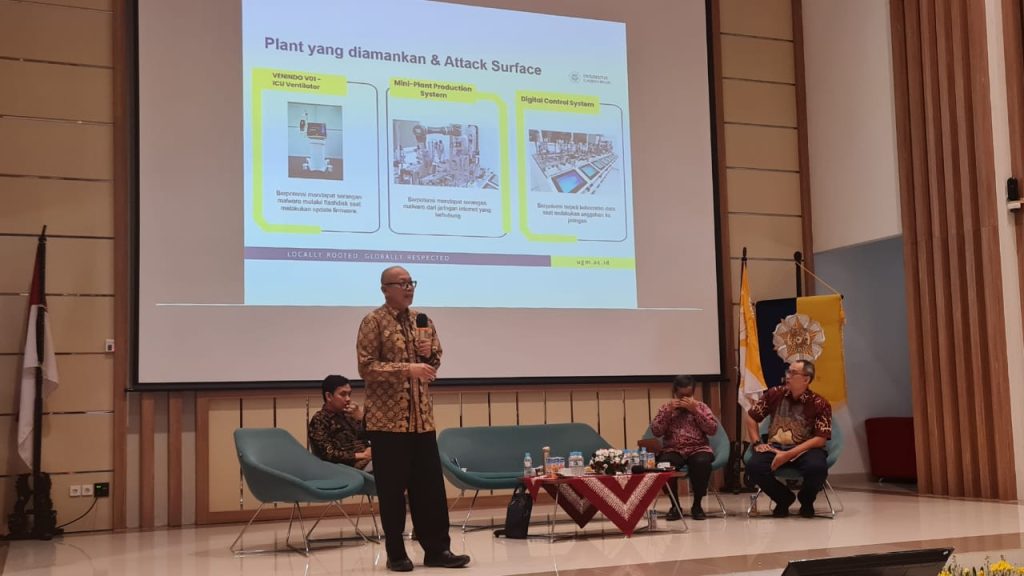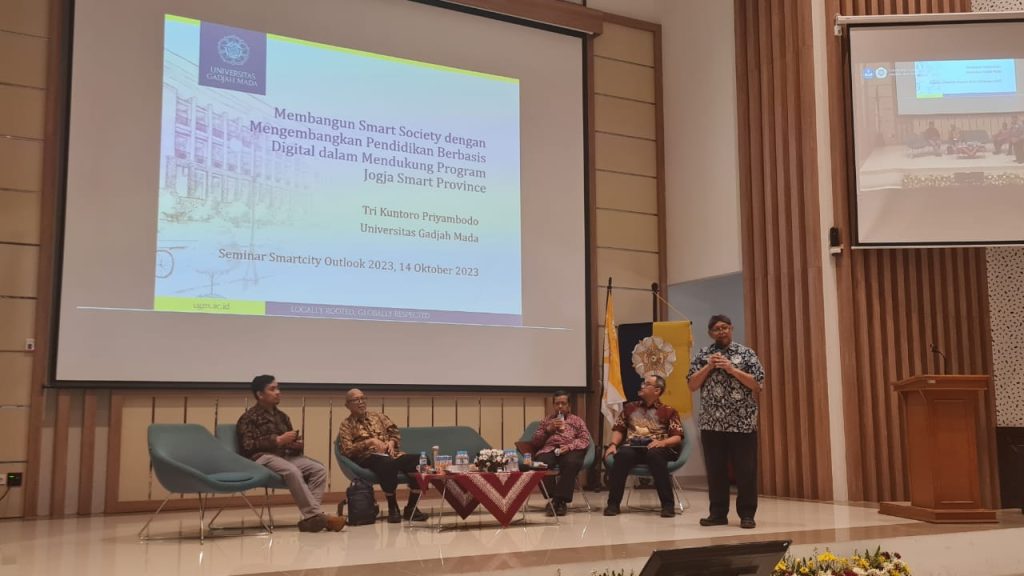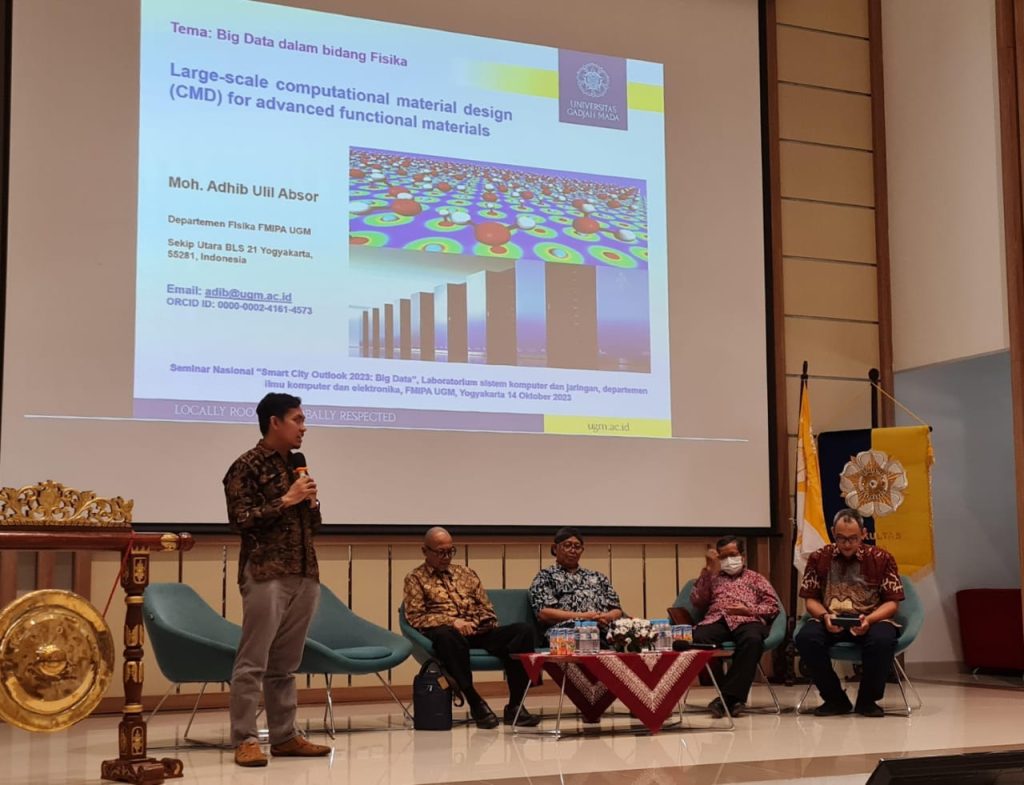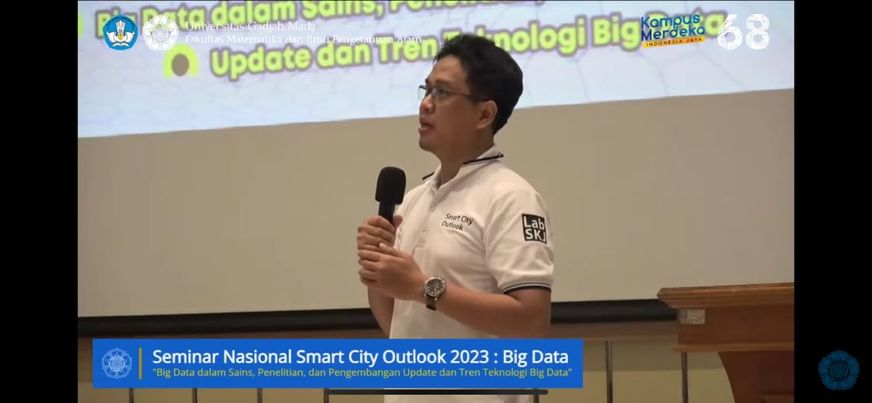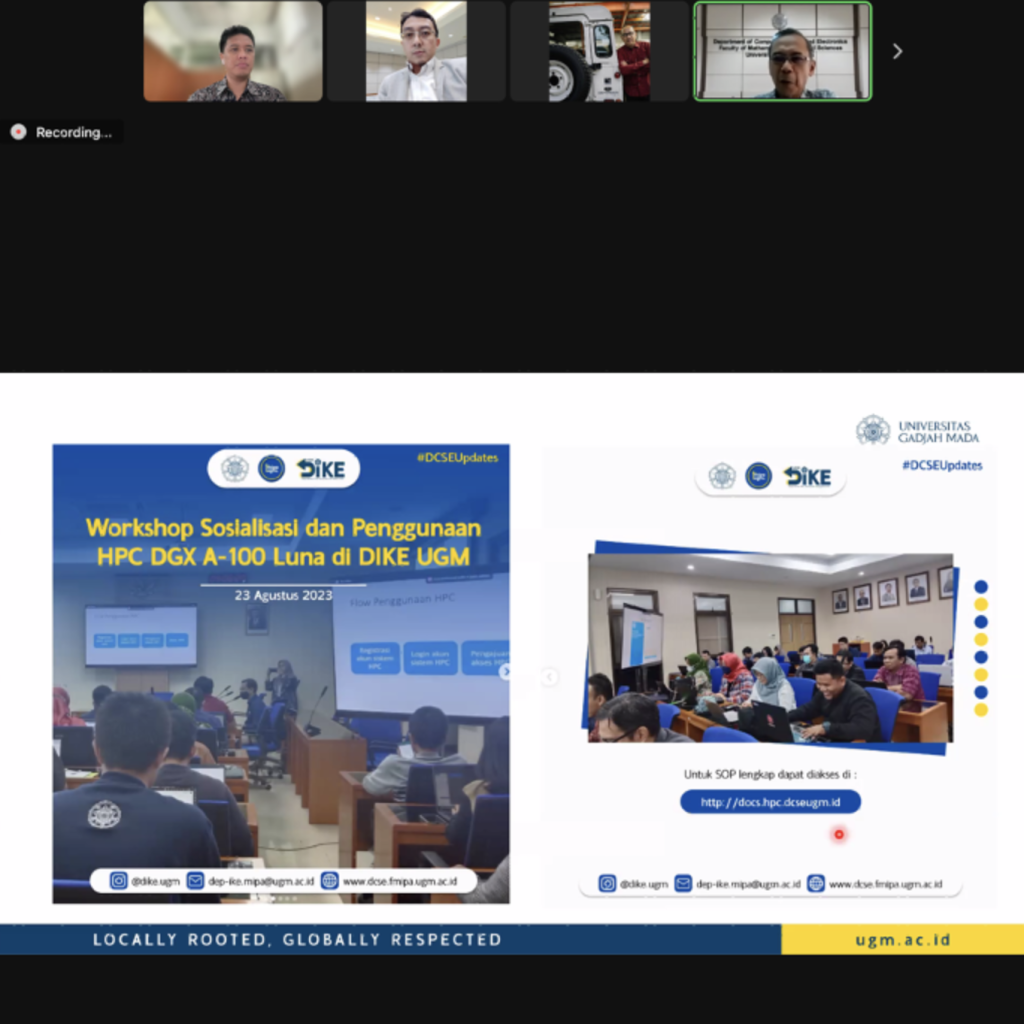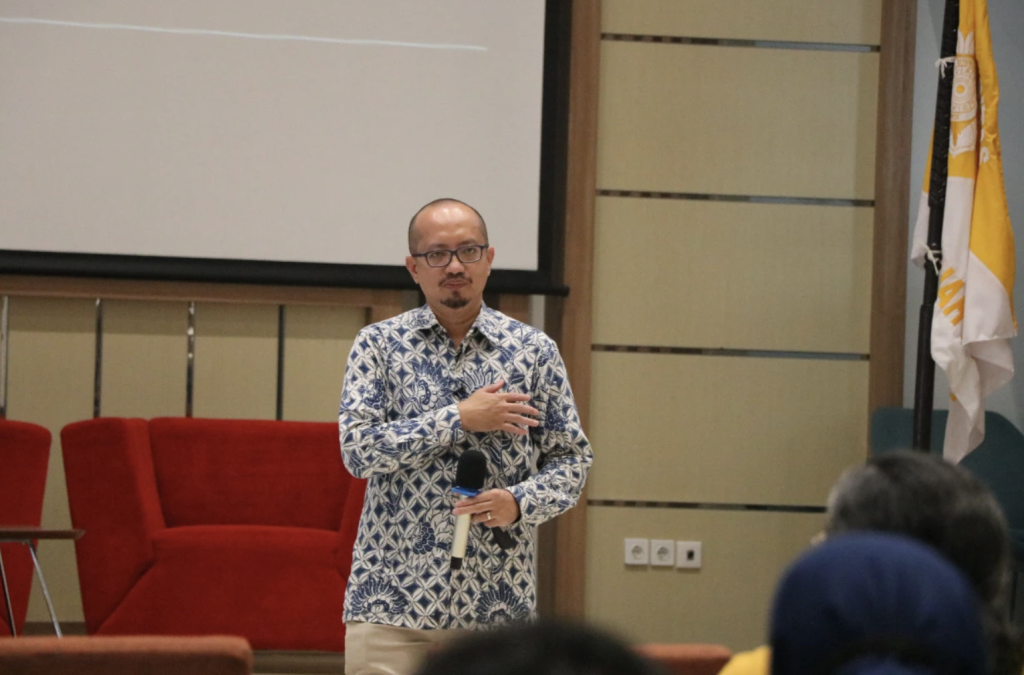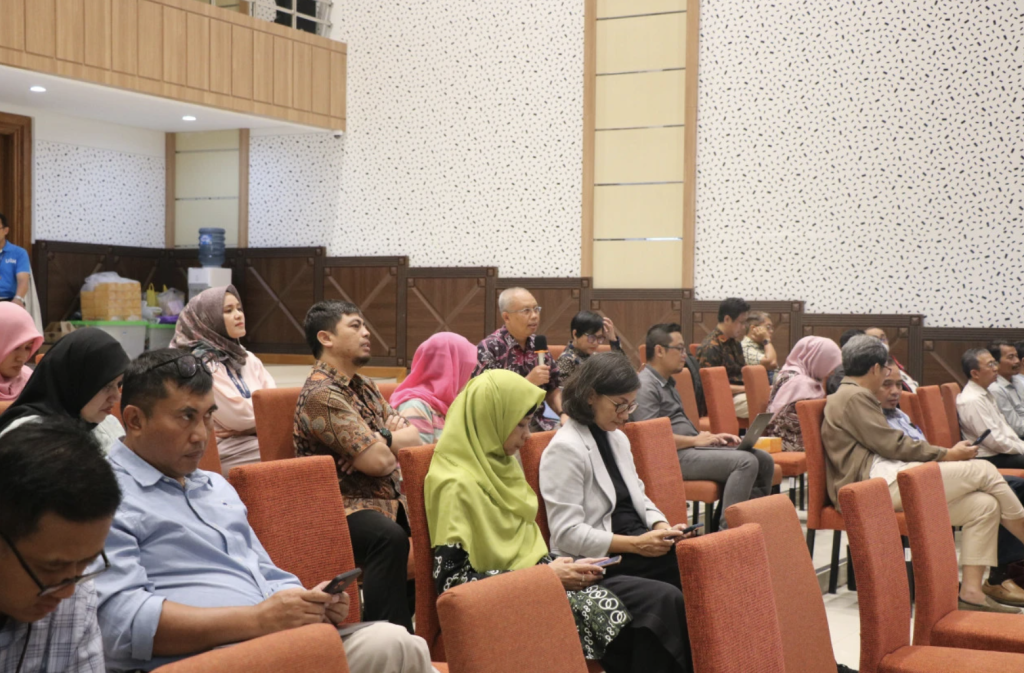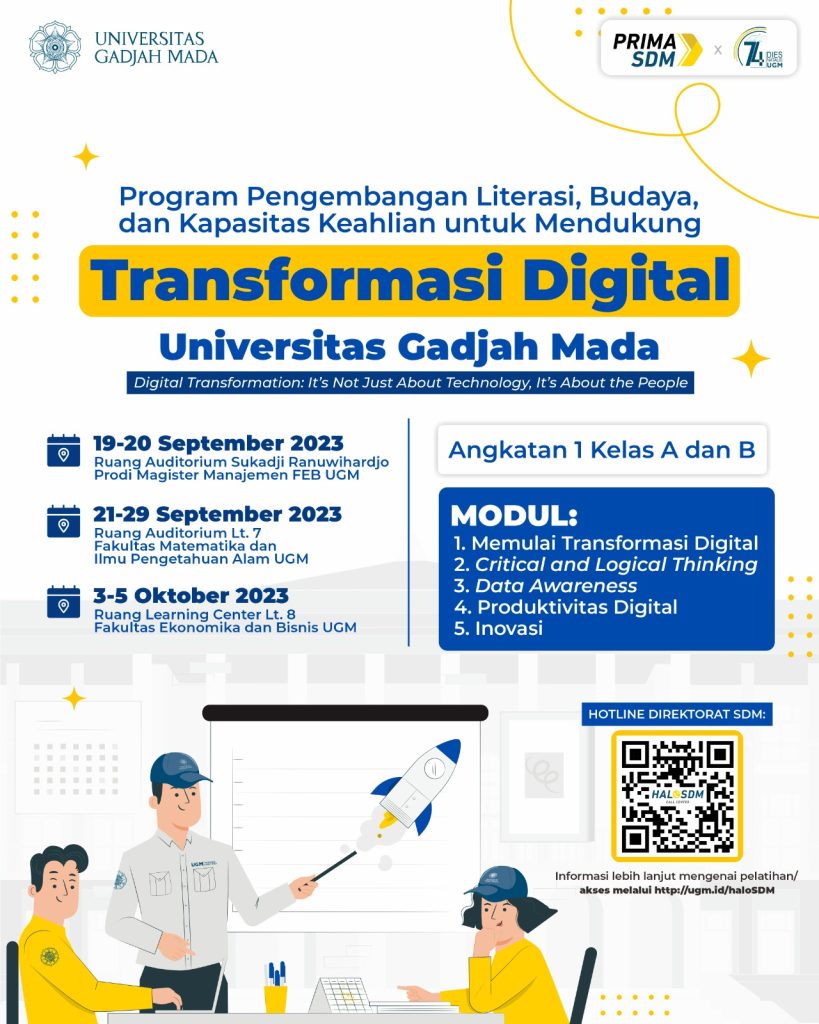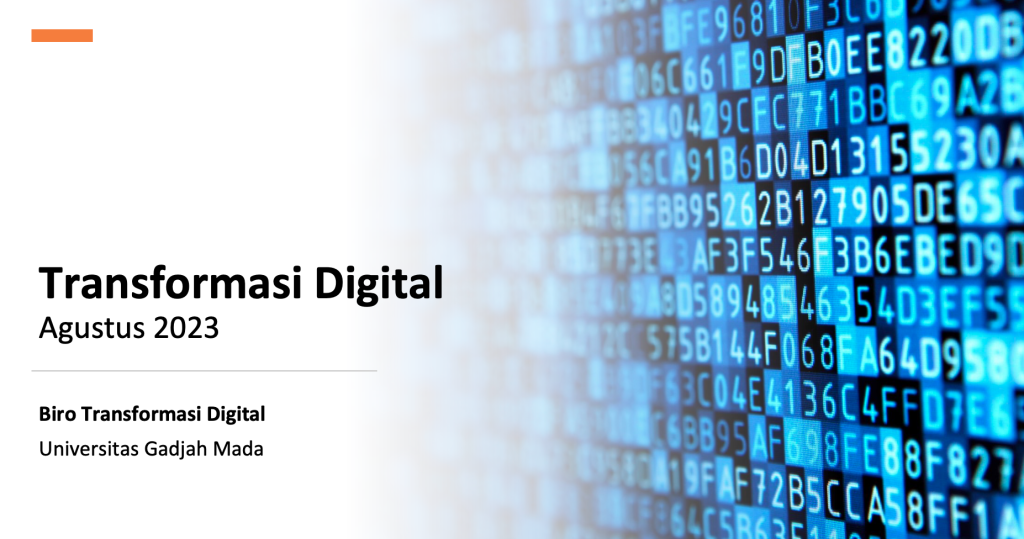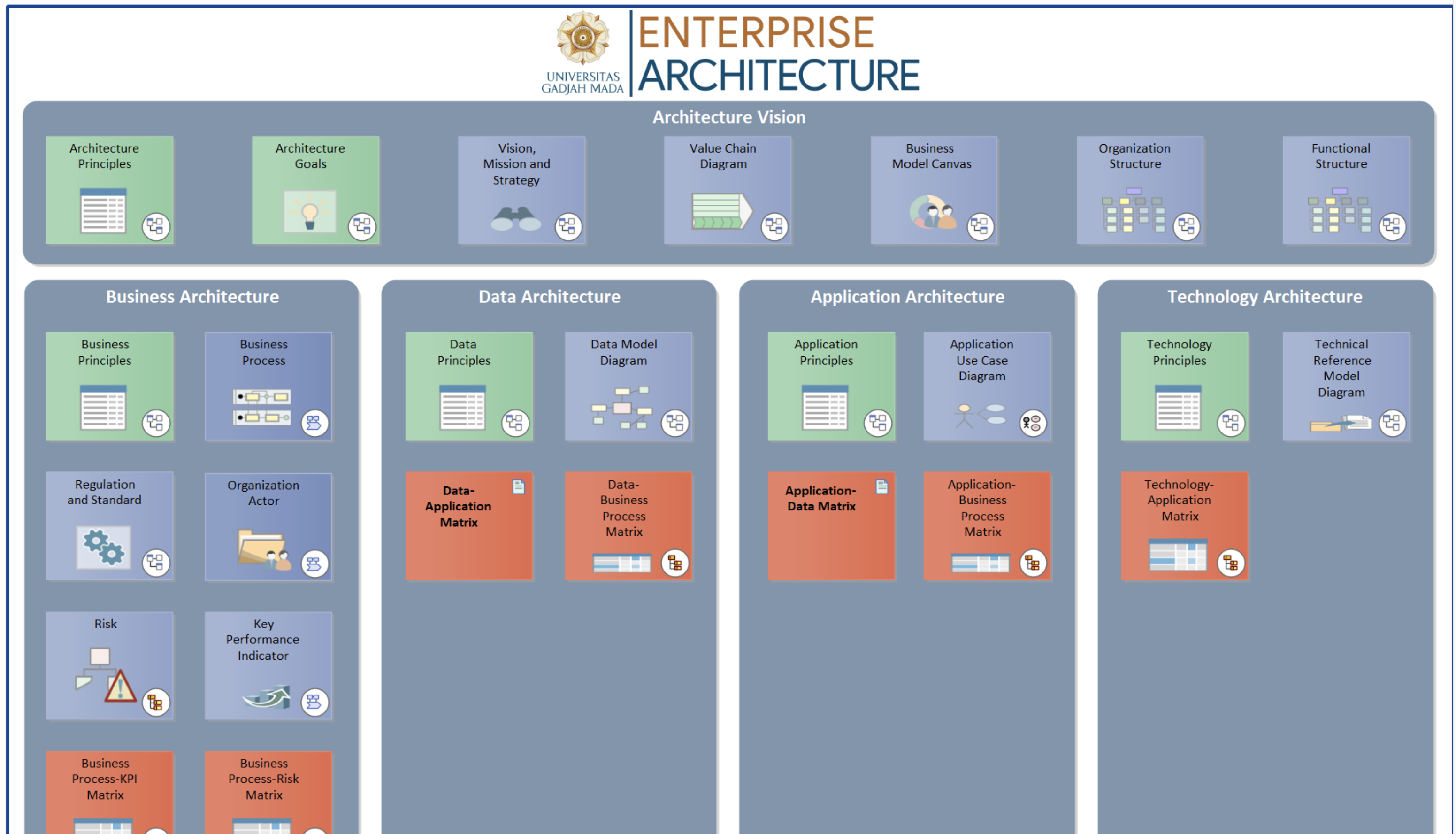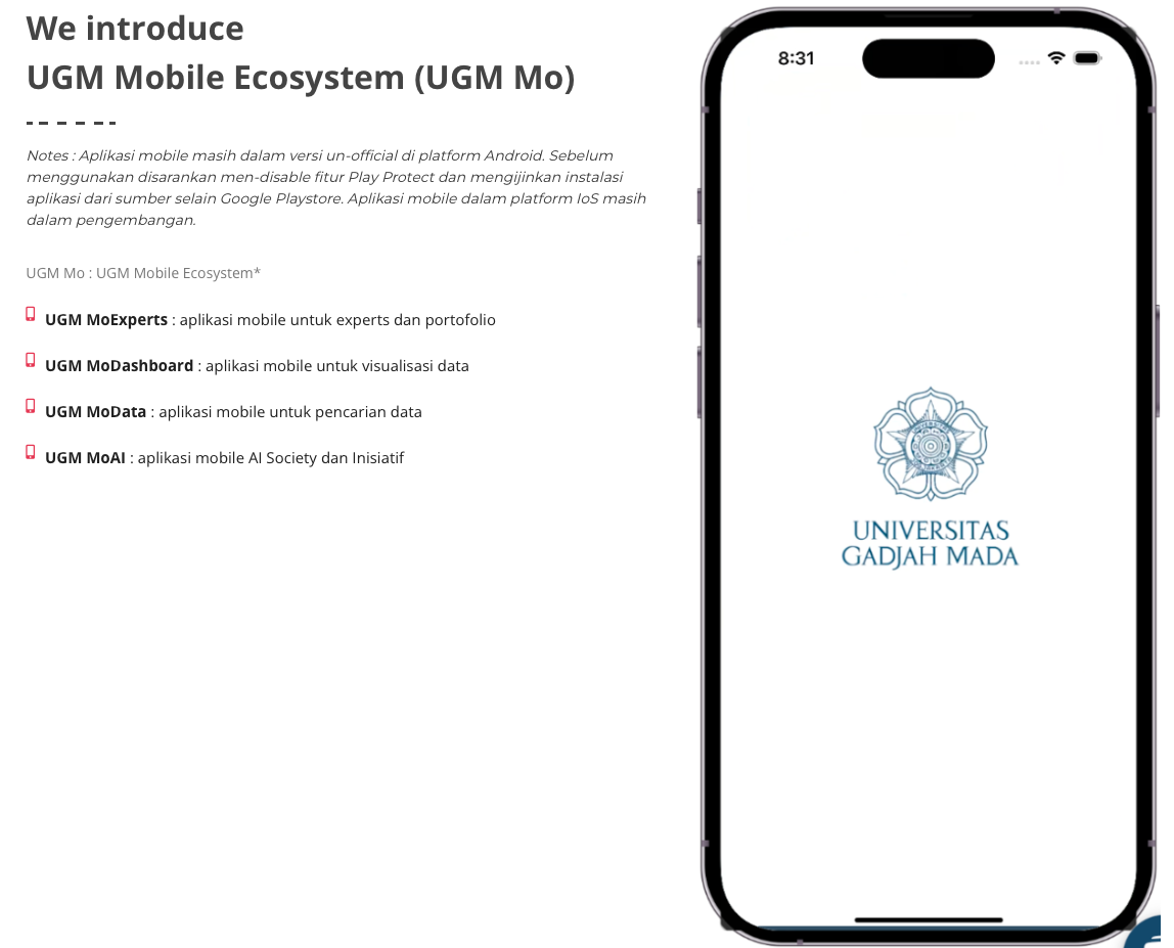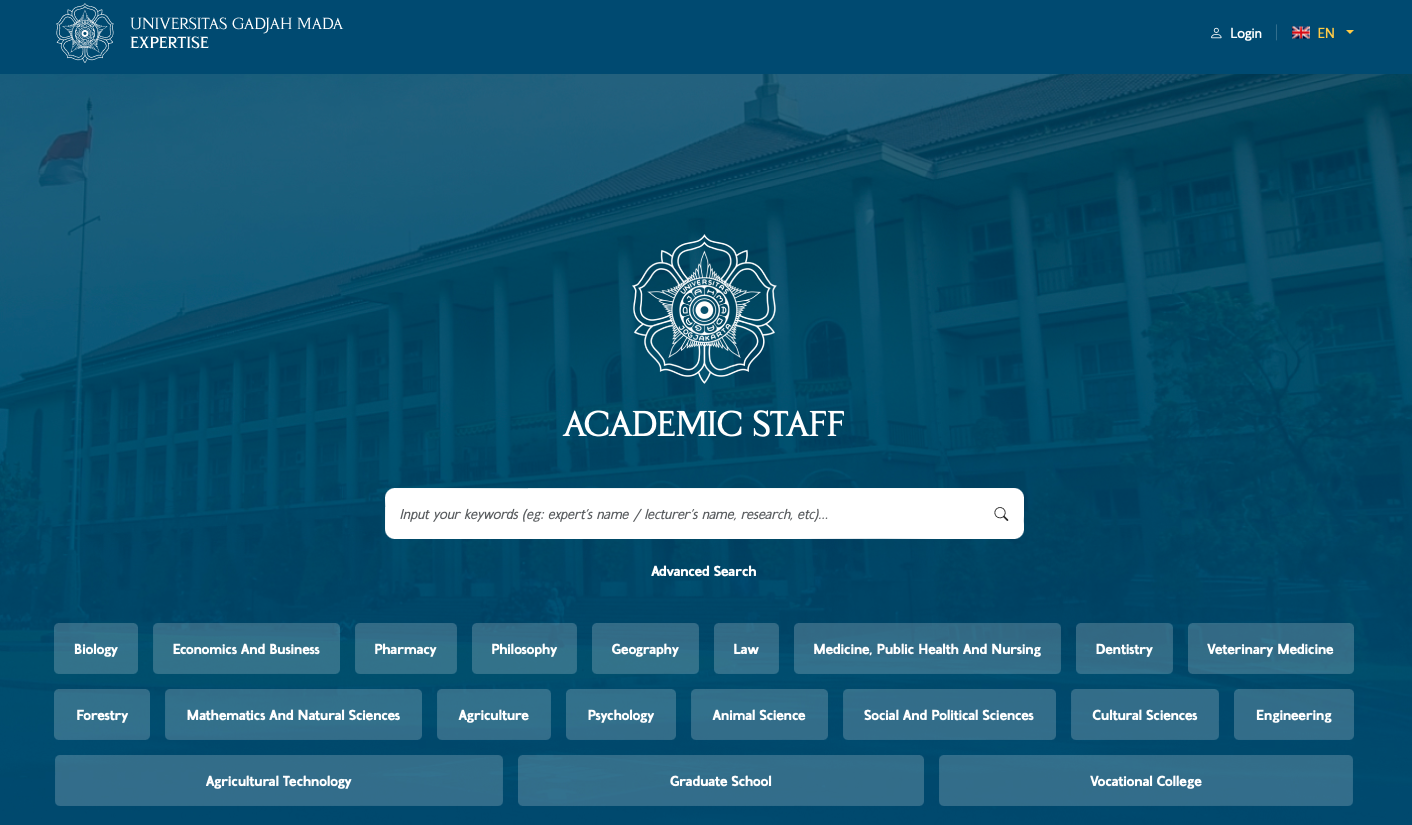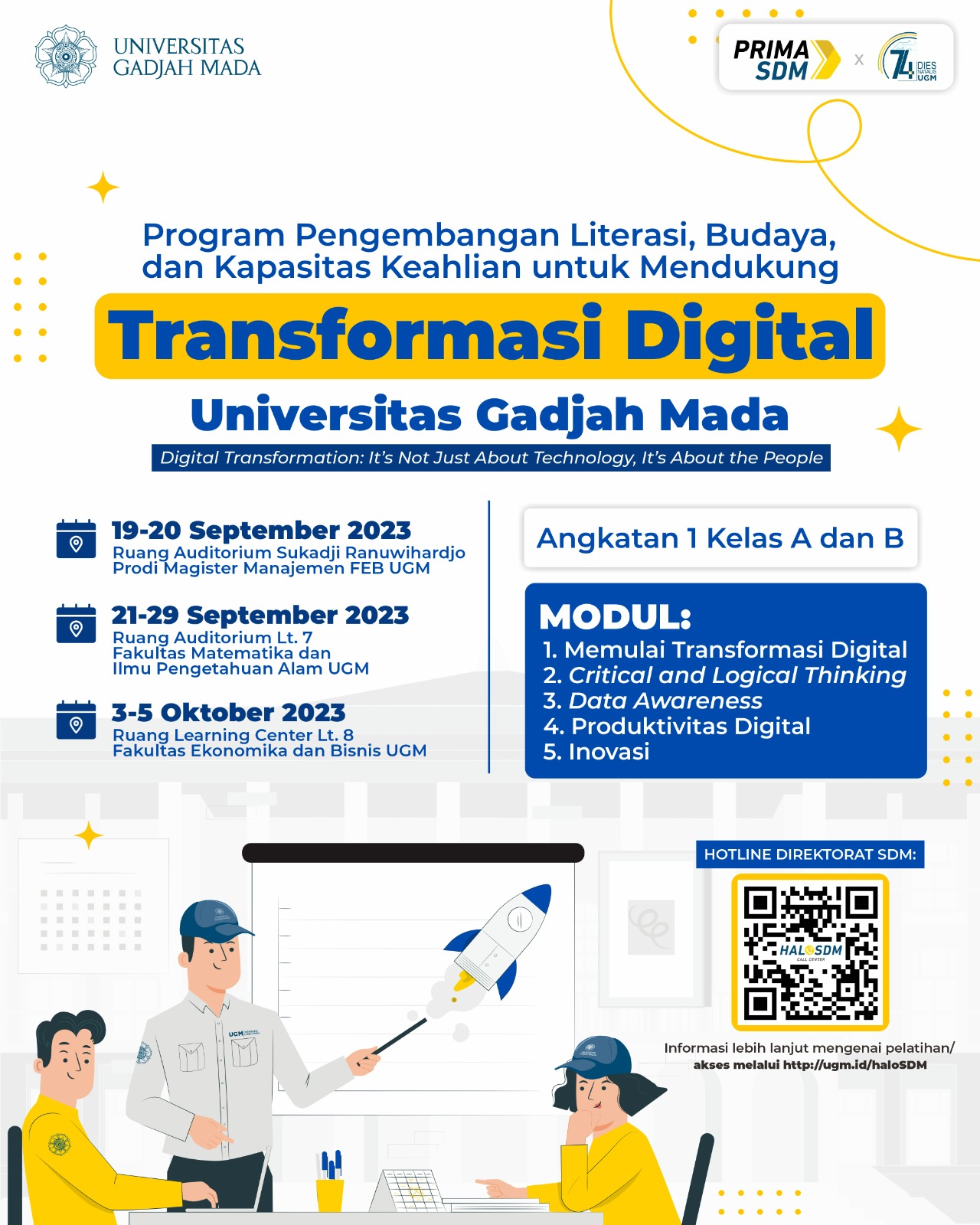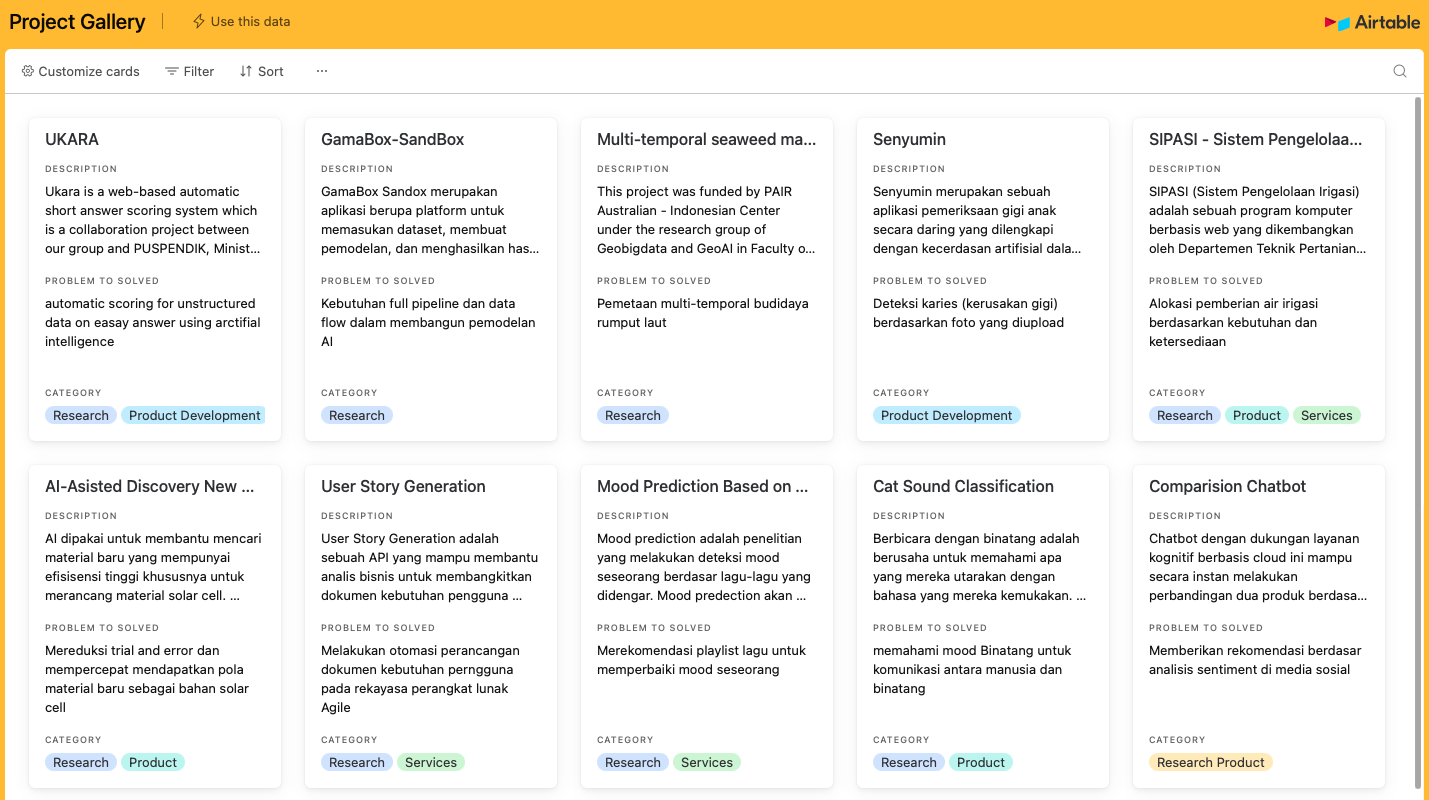Cyber Security & Big Data for Smart City

Prof. Jazi Eko Istiyanto, a distinguished academic and cybersecurity expert at the University of Gadjah Mada (UGM), is pioneering research in the realm of Big Data in Security to advance the United Nations’ Sustainable Development Goals (SDGs), particularly focusing on SDG 11: Make cities and human settlements inclusive, safe, resilient, and sustainable.
In the face of evolving security challenges within urban areas, Prof. Jazi Istiyanto’s work concentrates on integrating Big Data analytics to enhance security measures and fortify urban environments. By leveraging advanced technologies and data-driven approaches, his research aims to develop strategies that prioritize safety and resilience, ensuring that cities remain conducive for all inhabitants. The issues has that presented in Smart City Outlook 2023: Big Data held by Department of Computer Science and Electronics, Faculty of Mathematic and Natural Sciences Universitas Gadjah Mada at October 14, 2023, supported by Digital Transformation Bereau UGM.
“Urban security is fundamental to achieving sustainable development goals, especially in creating inclusive and safe urban spaces. Big Data analytics can provide valuable insights and early warning systems that empower cities to proactively address security concerns and enhance the overall well-being of residents,” emphasized Prof. Jazi Eko Istiyanto.
Prof. Istiyanto’s multidisciplinary approach involves collaboration with experts from fields such as cybersecurity, data science, urban planning, and law enforcement. Together, they analyze vast sets of data to identify patterns, anomalies, and potential threats. This analytical insight is critical in designing and implementing security measures that are efficient, targeted, and responsive to evolving security landscapes.
Through his research, Prof. Istiyanto strives to equip urban areas with advanced security frameworks that are in harmony with the principles of sustainability. By promoting data security and leveraging Big Data for proactive threat detection and prevention, he envisions cities that not only protect their inhabitants but also contribute to achieving SDG 11.
The University of Gadjah Mada supports Prof. Jazi Eko Istiyanto’s endeavors in integrating Big Data into security strategies for urban development. This initiative underscores the university’s commitment to research and innovation that addresses global challenges and fosters safer and more sustainable urban environments.
Cyber Security & Big Data for Smart City Read More »

